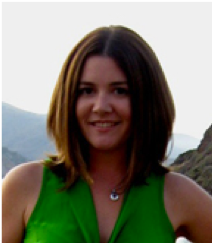Academic Mentors
Karla Heidelberg
Professor (Teaching), Dept of Biological Sciences
Director, Environmental Studies Program
USC
Karla Heidelberg received her Ph.D. in 1999 from the University of Maryland in Marine Science. Prior to coming to USC, she was a Science Policy Fellow at the U.S. Department of State followed by being appointed as the Global Programs coordinator for the J. Craig Venter Institute, where she coordinated an around the world oceanic research expedition. She is a biological oceanographer with a focus on marine microbial ecology and study areas including Antarctica, deep-sea hydrothermal vents, and many other marine systems around the world. She has received several teaching awards including the USC Steven B. Sample Mentoring and Teaching Award, an appointment as a USC Center for Excellence in Teaching Fellow, an appointment as a National Academies Education Fellow, and most recently, the USC Associate’s Teaching Award.
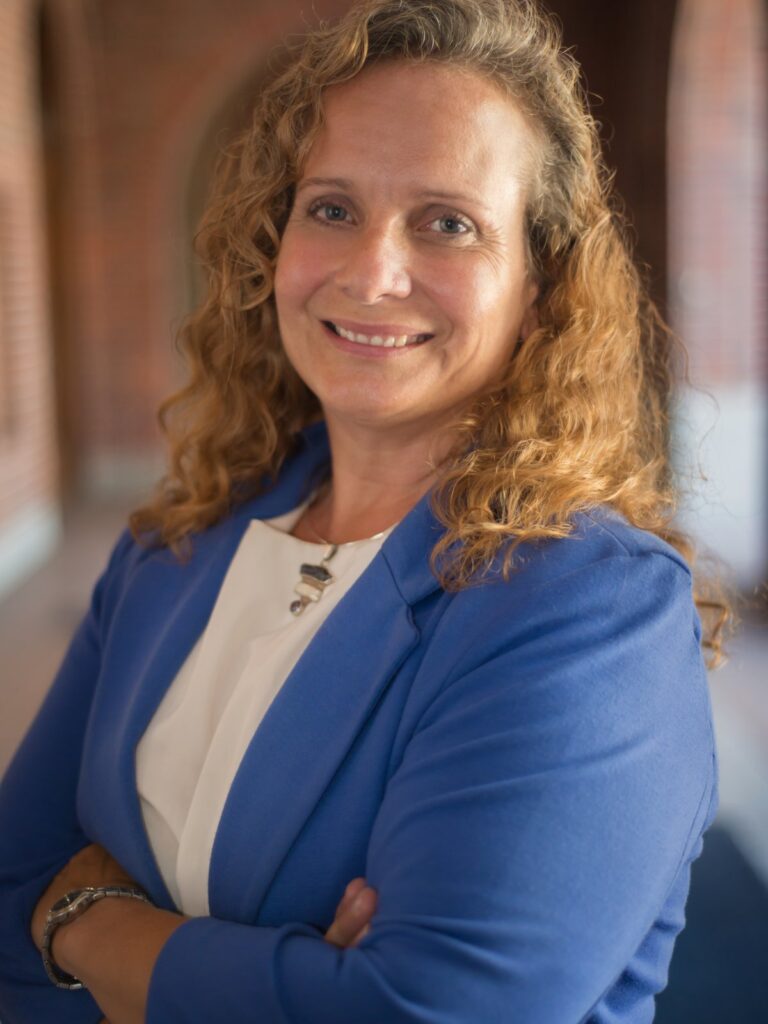
Steven L. Lamy
Professor, School of Int. Relations
Director, Global Policy Inst.
USC
Steven L. Lamy is a professor in the University of Southern California’s School of International Relations. From 2008-2017, he served as Vice Dean for academic programs in the Dornsife College of Letters, Arts and Sciences at USC . He earned his Ph.D. in international relations from the Korbel School of International Studies, University of Denver. His areas of expertise include international relations theory, foreign policy analysis, the foreign policies of the U.S., European states, Australia, New Zealand and Canada, and global governance and environmental security. Dr. Lamy has published over forty-five articles and book chapters in these areas. Oxford University Press published the first edition of his textbook, Introduction to Global Politics, in August 2010. A fifth edition was published in 2018. His current work on global governance focuses on both environmental issues and human security. He has now published two book chapters on Arctic politics and governance and is a member of the Northern Forum a global Arctic research program. He is editing a book on Arctic politics based on a 2018 conference with 20 Arctic specialists in a variety of fields, and he is also working on a book that explores the role of theoretical narratives in the policy formulation and implementation process.
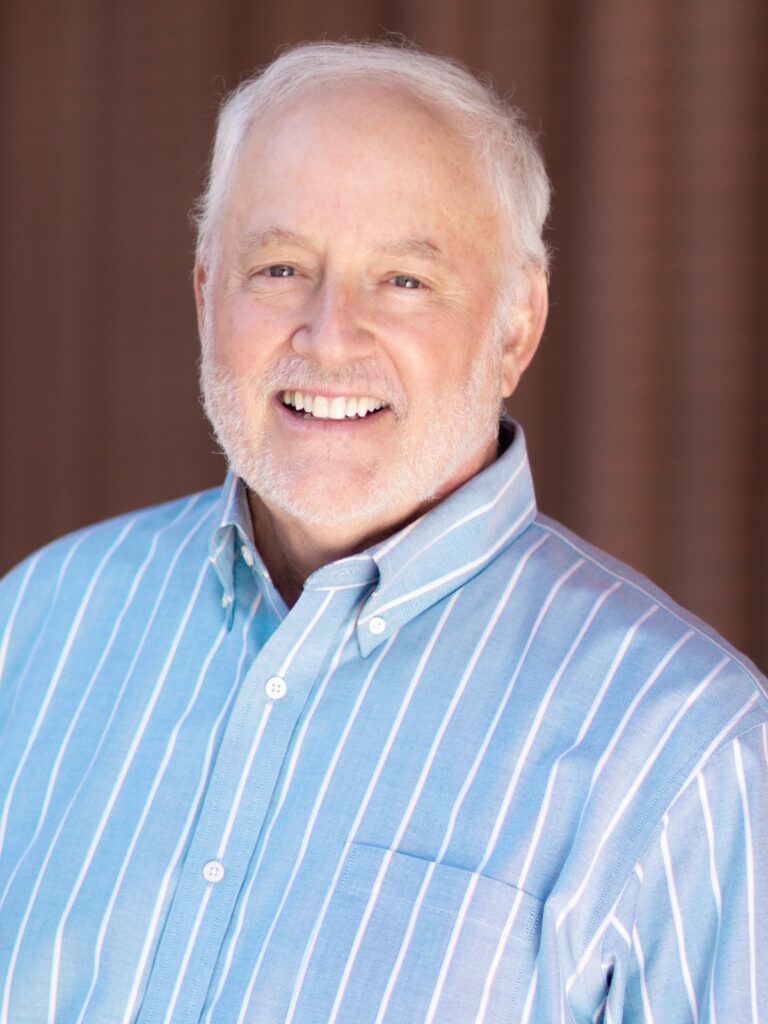
Allen Pope
Executive Secretary, IASC
Research Scientist, Nat. Snow and Ice Data Center
Research Interests: Interdisciplinary & international Arctic science, science facilitation, scientific community management, glaciology, ice sheets, supraglacial hydrology, and remote sensing. Active NSF-funded project study the extent and volume of Antarctic supraglacial lakes using satellite imagery.
Bio: Allen Pope is the Executive Secretary for the International Arctic Science Committee, Research Scientist at the National Snow and Ice Data Center, and affiliate of the Geosciences Department at Williams College. He received an undergraduate degree in Chemistry and Earth & Planetary Science with a citation in French from Harvard College, an a masters and doctorate in Polar Studies from Cambridge University. At IASC, Allen works to bring together Arctic researchers across disciplinary and national boundaries and to advocate for the importance of Arctic science. As a researcher, he studies the Earth’s frozen regions with satellite and airborne data, does fieldwork to make sure the satellites have it right, and communicates his science to other audiences. Allen has been actively involved as a volunteer leader for the American Geophysical Union, Association of Polar Early Career Scientists, International Glaciological Society, and more; he is a 2017 AAAS Community Engagement Fellow. In addition, Allen is a lecturer and member of the Academic Council for the Juneau Icefield Research Program.
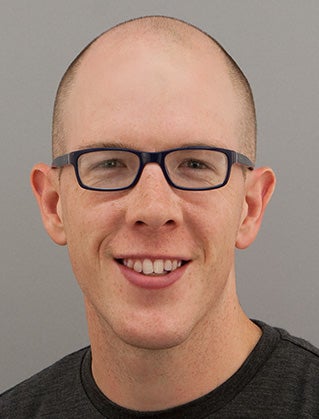
Professor, Department of Civil and Environmental Engineering
Colorado School of Mines
Research Interests: Environmental Microbiology, Geobiology, Life in Extreme Environments, Life in the Subsurface, Microbial Life in Polar Extremes, Microbial Life at High Temperature, Astrobiology, Climate Change, Environmental Law and Policy.
Bio: John Spear is a professor of Civil and Environmental Engineering at the Colorado School of Mines in Golden, Colorado. John was Co-Director of the International Geobiology Course, partially hosted by the Wrigley Center for Environmental Studies on Catalina Island, California from 2010 – 2016 and was an instructor to the course from 2003 – 2008. Administratively, John was Associate Vice President of Research at the Colorado School of Mines from 2015 – 2018. John is a big believer in the better understanding of natural systems, obtaining your own samples and actively engaging in field work and has more than 300 weeks of field time that began with several years of full-time instruction in outdoor education with NOLS. Current projects in John’s lab involve the better understanding of microbiota using ‘—omics’ approaches on Ellesmere Island, Canada, subsurface life in Oman, microbial life in Yellowstone National Park hotsprings, and microbial influenced corrosion (MIC) of the built environment on the International Space Station (ISS). John has a B.A. in physiology and biochemistry from U.C. San Diego and a M.S. and Ph.D. in environmental engineering from the Colorado School of Mines. Before going back to Mines as a faculty member, John spent six years as a postdoctoral fellow at the University of Colorado, Boulder.

Jill Sohm
Assistant Professor (Teaching), Environmental Studies Program
USC
Jill Sohm is Assistant Professor (Teaching) in the Environmental Studies Program in the Dornsife College of Letters, Arts, and Sciences. She teaches classes relating to water and coastal resources, environment and disease, and courses at the introductory level. Dr. Sohm is broadly trained as a biological oceanographer and marine microbial ecologist and has extensive field research experience on ocean-going research vessels and in the Dry Valleys of Antarctica. Her Antarctic research focuses on microbial activity and identity of microbial mats associated with glacial meltwater streams, ponds, and lakes of the Dry Valleys. Her current research is students centered, and focuses on coastal resilience, water pollution, and microbial biogeochemistry of aquaponics systems. Prior to joining the faculty at USC, Dr. Sohm was a postdoctoral researcher at USC and a recipient of the Marie Tharp Fellowship from the Lamont Doherty Earth Observatory. She obtained her PhD in Biological Sciences from USC and her BA in Biology from Harvey Mudd College.
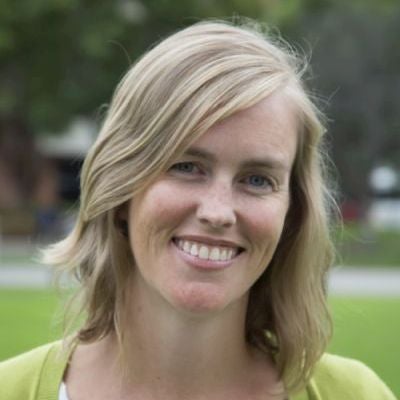
Catherine Walker
Assistant Scientist Woods Hole, Dept of Applied Ocean Physics and Engineering and
Assistant Res. Scientist, Univ Maryland Earth System Science Interdisciplinary Center/NASA Goddard Space Flight Center, Cryospheric Sciences Lab
Catherine Walker received her B.A. in Astrophysics and Geology from Mount Holyoke College in South Hadley, Massachusetts, and her M.S. and Ph.D. in Atmospheric, Oceanic and Space Sciences from the University of Michigan. She held a postdoctoral fellowship at Georgia Institute of Technology in the Earth and Atmospheric Sciences department, working with Dr. Britney
Schmidt on Ocean Worlds science. She also won a NASA Postdoctoral Fellowship at the Jet Propulsion Laboratory to work with Dr. Alex Gardner using laser altimetry to assess the effects of the warming ocean on Antarctica’s ice. She also has training as a systems engineer at JPL and has been involved in the design of several different robotic platforms for ice and ocean exploration and their extension to similar activities at the icy-ocean worlds in our solar system! Much of her ongoing research concerns the changing ocean, its effects on the ice with which it comes into contact, iceberg calving observations, and ice-ocean interactions in Ocean Worlds.

Sue Weiler
Senior Research Scientist, Whitman College
I am an oceanographer and Earth system scientist devoted to catalyzing the professional development of recent Ph.D. graduates interested in collaborative work across multiple disciplines and actions to address societal challenges related to climate change. I also conduct research to assess professional trends and address needs of interdisciplinary Ph.D. graduates.
Bio: Susan Weiler completed a Ph.D. in oceanography from the Scripps Institution of Oceanography, and conducted postdoctoral research at the University of British Columbia, Canada, University of St. Andrews, Scotland, and the University of Oslo, Norway. She then affiliated with Whitman College where she recently retired from her position as a Senior Research Scientist. Her research focused on phytoplankton physiological ecology and the biological consequences of ozone depletion. In addition to
teaching and research appointments at Whitman, she served three rotations as a Program Director at the National Science Foundation (1987-1988 GEO/Polar Programs, 2009-2012 GEO/Atmospheric and Geospace Sciences; and 2015-2017 OD/EPSCoR). Weiler served as Executive Director for the American Society of Limnology and Oceanography from 1990-1999 and has held appointed and elected positions within the American Geophysical Union (AGU), American Institute of Physics (AIP) and Sigma Xi, the Scientific Research Society. She has been P.I. on more than 30 grants from the EPA, NASA, NSF, NOAA, and ONR. Weiler has been honored with the Association for the Sciences of Limnology and Oceanography (ASLO) Distinguished Service Award and Raymond Margalef Excellence in Education Award.
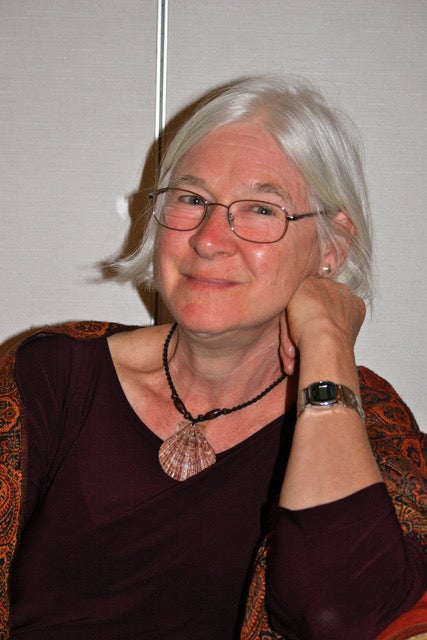
Representation from NSF
Elizabeth (Lisa) Rom
NSF Program Director for the Office of Polar Programs (OPP) and the Division of Ocean Sciences (OCE)
Lisa Rom acts as a liaison for OPP education activities to the NSF Education Directorate, covering both Arctic and Antarctic issues, and manages OPP’s national and international education efforts. She is responsible for OCE’s Research Experience for Undergraduate (REU) program and the OCE CAREER program. From 2000-2014, she was responsible for long-range planning
for the Centers for Ocean Science Education Excellence (COSEE), a set of centers around the nation that connected ocean researchers with formal and informal educators. She co-chairs the Interagency Arctic Research Policy Committee (IARPC) Team for Arctic Education and the Interagency Working Group on Ocean Education (IWG-OE). Prior to taking on OCE’s education programs in 1998, she managed OCE programs for shipboard instrumentation, oceanographic instrumentation development, and shipboard technical support, and she spent several years in NSF’s budget and policy office. She also managed OCE’s award to the National Ocean Sciences Accelerator Mass Spectrometer, a shared-use facility that provides radiocarbon dating services to the ocean sciences community, from 1991-1995 and again from 2005-2017. She has a BS in geology from Vanderbilt University, an MS in marine geology from Duke University, and worked at the Joint Oceanographic Institutions from 1986-1988.
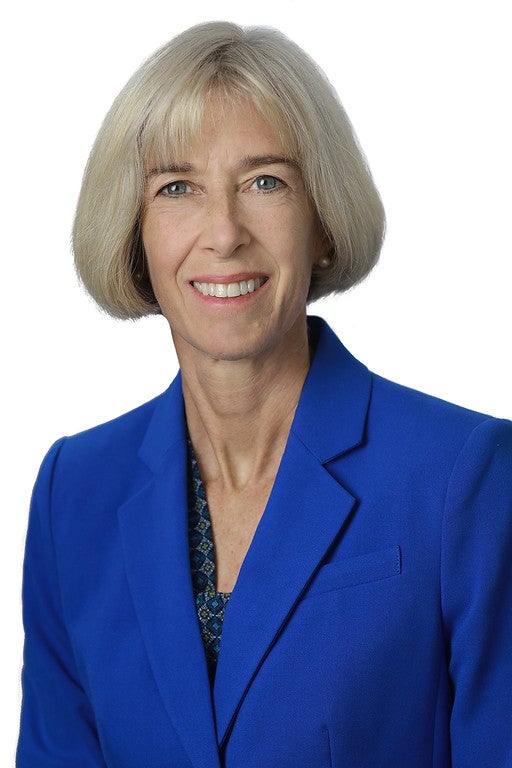
Christian Fritsen
NSF Program Director, Organisms and Ecosystems
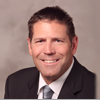
Colleen Strawhacker
Associate Program Director for Arctic System Sciences and Arctic Social Sciences
Dr. Colleen Strawhacker is on a Visiting Scientist rotator appointment to NSF on leave from the National Snow and Ice Data Center at the University of Colorado Boulder. Colleen earned her Ph.D. in Anthropology from Arizona State University in 2013, where she focused on the archaeology of climate-driven risk and vulnerability in the U.S. Southwest and the North Atlantic. She has expertise in the social sciences, convergent research spanning the natural and social sciences and engineering, and cyberinfrastructure. She also participated in the 2015 Next Generation of Polar Researchers Symposium.

Cynthia Suchman
Program Director, Arctic Natural Sciences, Office of Polar Programs
Research Interests: Biological Oceanography, Zooplankton Ecology, Marine Ecosystem Dynamics
Bio: Cynthia Suchman is Program Director in the Arctic Natural Sciences Program, Office of Polar Programs at the National Science Foundation. She received a B.A. from Amherst College and a Ph.D. in Biological Oceanography from the Graduate School of Oceanography at the University of Rhode Island. Early in her career, she served as a Knauss Marine Policy Fellow with the U.S. House of Representatives Committee on Resources and a National Research Council Postdoctoral Fellow with NOAA’s Northwest Fisheries Science Center. In addition to serving as a program officer in the Biological Oceanography and Arctic Natural Sciences Programs at NSF, she has held leadership positions with Virginia Sea Grant and the North Pacific Research Board. At NSF she has been involved with a range of interdisciplinary programs, including Coastal SEES, Dynamics of Coupled Human-Natural Systems, US Global Ocean Ecosystem Dynamics, and the Long Term Ecological Research Program.
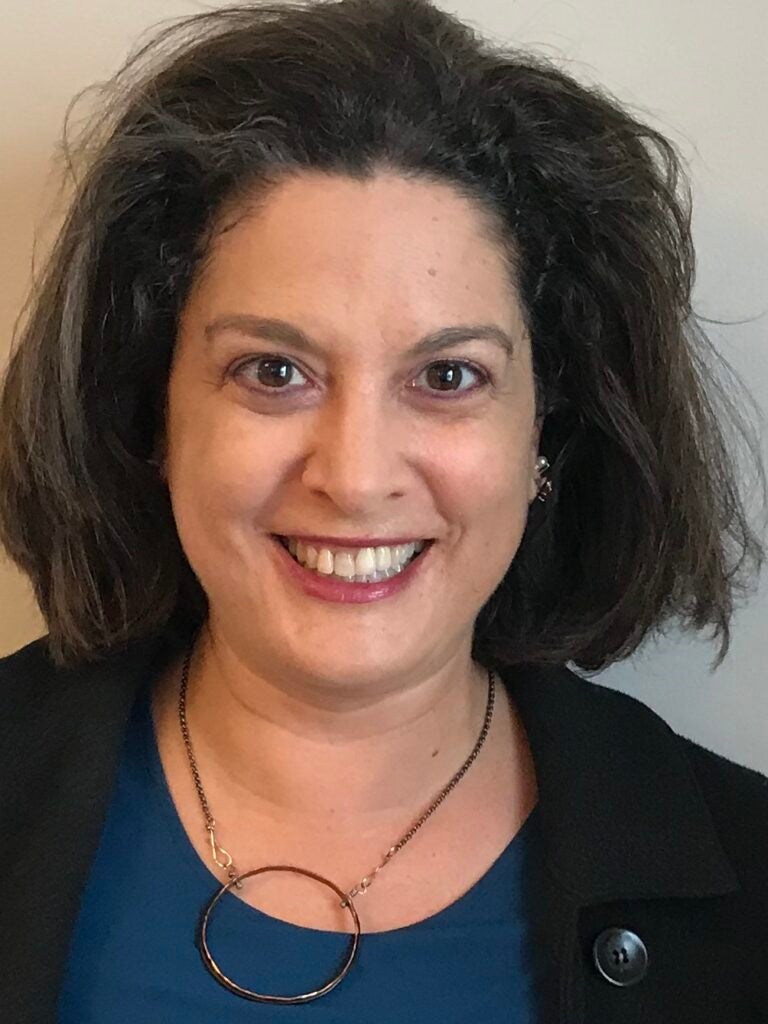
Beverly Walker
Science Assistant, NSF Office of Polar Programs
Bev Walker is a Science Assistant in the Office of Polar Programs (OPP) at the National Science Foundation (NSF). While at NSF, she has been coordinating strategic planning and communication actives across OPP. Between 2011-2017 she supervised the planning and operations of the Crary Science and Engineering Center (CSEC) in McMurdo Station, Antarctica. Each field season Bev and her team supported over 400 scientists from a variety of U.S. institutions including numerous international collaborators. Supported science spanned across organisms & ecosystems sciences, earth sciences, artists & writers, ocean & atmospheric sciences, glaciology, integrated system sciences, and astrophysics & geospatial sciences. She received an undergraduate degree in Marine & Freshwater Sciences from Colgate University and a master degree in Earth & Environmental Sciences from Vanderbilt University. During her academic years, she completed field studies/work in the Pacific Ocean, Alaska, Puget Sound and in the McMurdo Dry Valleys, Antarctica.
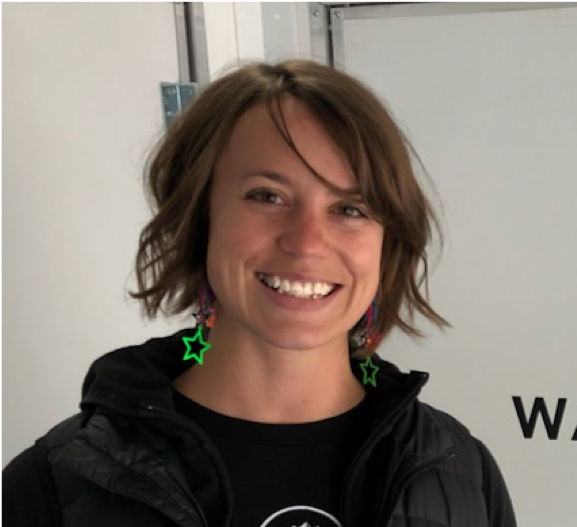
Wilson Sauthoff
Science Assistant, Antarctic Sciences, NSF Office of Polar Programs
Wilson Sauthoff is Science Assistant to the Antarctic Sciences Section of the Office of Polar Programs at NSF. At NSF, he facilitates the merit review processing of incoming proposals to Antarctic Sciences programs, performs proposal and award data analysis. Beyond proposal and award management, he has furthered special initiatives to increase internal and external engagement including his role as Executive Secretary to the Executive Management Board of cross-agency management partners of the U.S. Antarctic Program. Prior to NSF, he worked for the Antarctic Support Contract two summer seasons in transport/logistics and environmental management at McMurdo Station, Antarctica and neighboring field camps. He holds an undergraduate degree in Environmental Science and Management from UC Davis and a master’s degree in Oceanography from UC Santa Cruz. His past research has included biogeochemical investigations using coral and marine sediment archives.
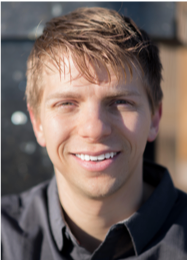
Meeting Facilitators and Other Speakers
Christina Olex
Personal and Team Development Consultant, The Point
Chris Olex is a Corporate and Academic Consultant and Trainer specializing in personal and team development, relationship building and communication, and self-awareness work.
Chris utilizes a variety of teaching methodologies, including assessment, experiential learning, and group discovery, as a means to help participants fully connect training content to direct application in the workplace and in their personal lives. Chris has extensive experience in the academic arenas speaking at the following conferences: DIACES 2002, DIALOG 2004, 2005, IPY 2007, APECS 2009, NGPR 2015, and DISCCRS 2003-2013. Chris has also been a presenter of leadership development work at ESWN conferences from 2008-2018. Other client relationships include delivering content for The National Center for Faculty Development, IGERT cohorts at WSU, Rutgers Women of Color Scholars Initiative, the Bard Center for Environmental Policy, the GLEON Fellowship Program, and the Bard MBA in Sustainability. Finally, along with authors C.S. Weiler and J. Keller, Chris published a paper in 2011 titled “Personality Type Differences between Ph.D. climate researchers and the general public: implications for effective communication”. Chris believes in the power of assessments for self-discovery, and she is a certified trainer for the Myers-Briggs Type Indicator™, DiSC™ Profile, Emotional Intelligence EI360, and is a certified coach through IPEC and the International Coaching Federation.
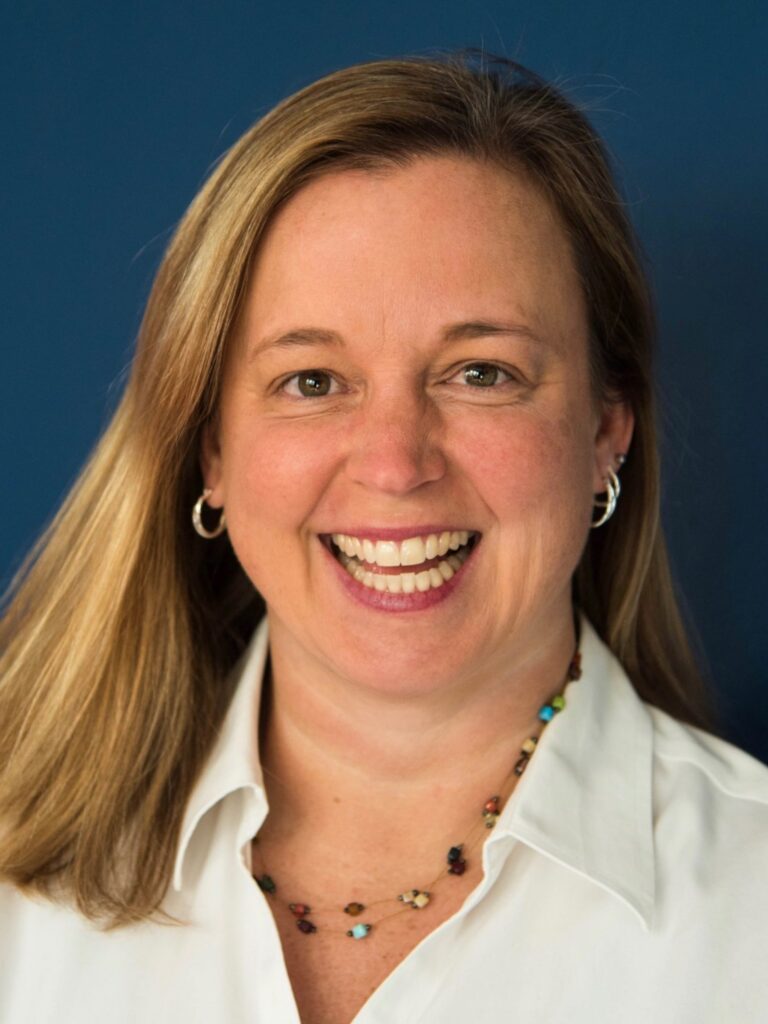
Lori Ziolkowski
(Remotely Participating)
Assistant Professor in the School of the Earth, Ocean and the Environment at the University of South Carolina
Dr. Ziolkowski leads a dynamic lab of graduate and undergraduate students on research topics related to climate change in the polar regions and life in extreme environments. Her research efforts have included fieldwork in Antarctica, as well as several Arctic locations. Ziolkowski is also passionate about sharing her knowledge about climate change through undergraduate teaching of both large non-major classes and science majors alike. Her research has garnered international recognition, as she was recently named the Baillet Latour Fellow (Belgium) and more locally she was recently named a USC Breakthrough Rising Star. Ziolkowski completed postdoctoral research at McMaster University in Canada, where she was a National Science and Engineering Research Council (NSERC) postdoctoral fellow. She received her Ph.D. in Earth System Science from the University of California Irvine and her M.Sc. in Oceanography from Dalhousie University (Canada). She earned a B.Sc. in Environmental Chemistry from the University of Waterloo (Canada).
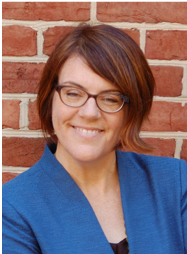
Lance Ignon
Senior USC Associate Dean for Strategic Initiatives and Communication
Lance Ignon oversees and manages USC Dornsife College’s communications strategies, which includes signature publications such as USC Dornsife Magazine, writing, graphic design, video production and social media. He also provides oversight of communications for advancement and other strategic initiatives. Lance is an accomplished leader in institutional communication, public relations, creative marketing and consensus building. Lance specialized in environmental issues, working frequently with academics, many of them climate scientists. He represented the Intergovernmental Panel on Climate Change, the Intergovernmental Science-Policy Platform on Biodiversity and Ecosystem Services, the Energy Foundation, the ClimateWorks Foundation, Impossible Foods and several leading academic hospitals.
He began his career as a journalist, working as a finance editor and reporter for Investor’s Business Daily, a part-time business reporter for The Los Angeles Times, a foreign correspondent for The Economist Group and as the founding editor of an award-winning business newspaper, The Business Press. Lance earned his B.A. in political science from UC Irvine and his master’s degree in journalism from Columbia University.
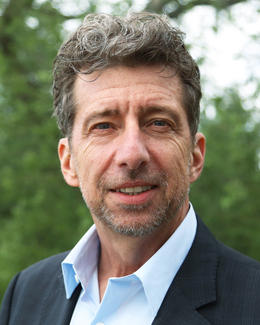
Katie Chvostal
USC Wrigley Marine Science Center Meeting Coordinator
